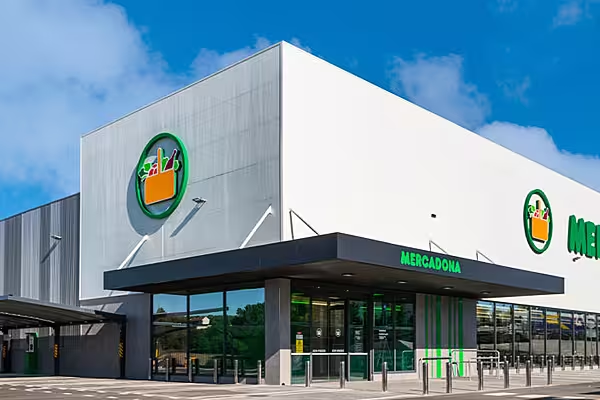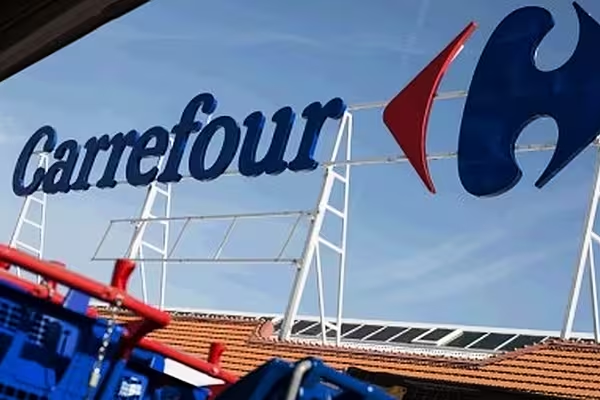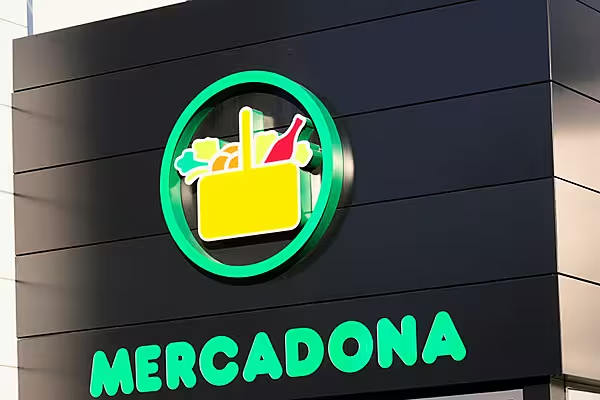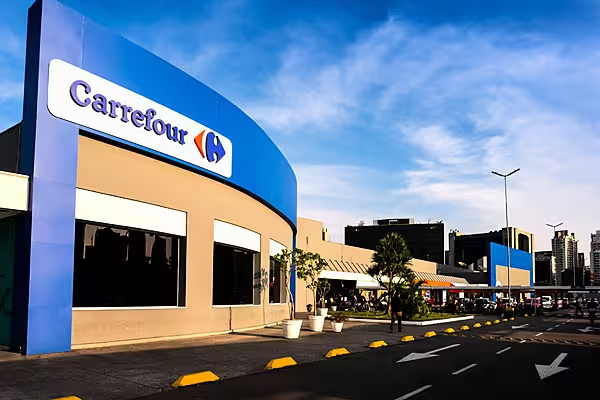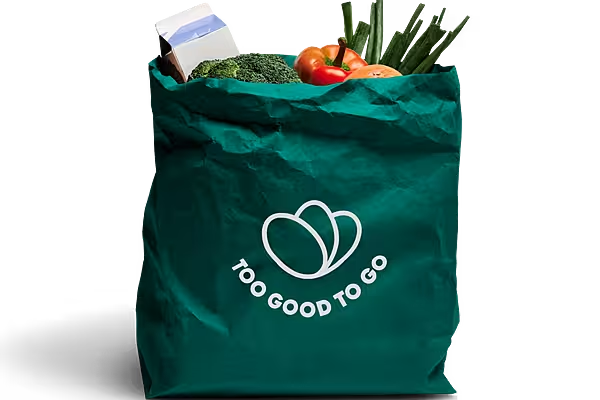Mercadona is seeing rapid growth in Spain, while the rest of the grocery sector is stagnating, online publication El Economista has reported, citing the latest data from NIQ.
In September, Mercadona's sales volume grew by 4%, while the overall sector declined by 0.2%. Mercadona's market share has now reached 27%, which is more than Carrefour, Lidl, Eroski, Dia, and Consum combined.
Growth Drivers
The retail group's growth is being driven by a number of factors, including increased spending by Spaniards and tourists and a reduction in prices on around 500 SKUs.
The company is also benefiting from the fact that many consumers are choosing to cook and eat at home more often due to high inflation.
Despite a drop in volume, the grocery retail sector in Spain grew 11.7% in value in the first nine months of 2023.
Mercadona’s net sales volume grew 11% year-on-year to €28.5 billion in 2022, and the company is expected to break its revenue record this year.
In 2022, the retailer generated net profit worth €718 million, 5% more than the previous year.
Challenges
The remainder of the Spanish grocery sector is facing a number of challenges, including high inflation, increased competition from Mercadona, and a change in consumer behavior.
The Spanish association of supermarket chains (AECOC) predicts that sales volume in the sector will remain flat, or even slightly negative until next year.
In order to compete with Mercadona, other grocery chains are offering more promotions and discounts.
Portugal
In neighbouring Portugal, Mercadona expects to close the year with strong sales and possibly break even, an improvement over last year’s losses of €50 million last year.
Sales in Portugal amounted to €737 million in 2022, an increase of 77.6% from the previous year.
Mercadona continues to expand its presence in Portugal with the launch of a new store in Torres Vedras last week. The new store joins the 46 already existing outlets, including four in Lisbon.
